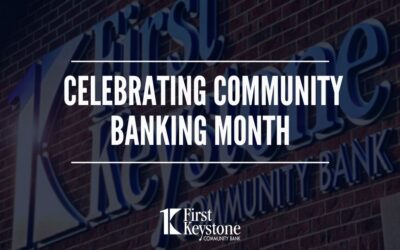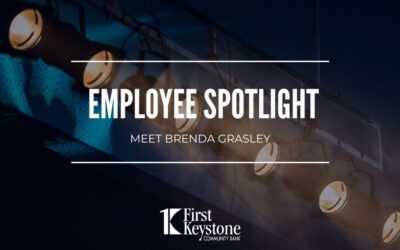The Consumer Financial Protection Bureau recently announced that it is pursuing rulemaking to allow it to regulate private lenders, or nonbanks, that provide personal loans. Currently, the CFPB has supervisory authority over large banks but not nonbanks for personal loans presumably making the field of loans unlevel. What does this mean for anyone in the market for a personal loan?
What is the Consumer Financial Protection Bureau (CFPB)?
The CFPB is an independent agency of the U.S. government responsible for consumer protection in the financial sector. The CFPB’s jurisdiction includes banks, credit unions, securities firms, payday lenders, mortgage-servicing operations, foreclosure relief services, debt collectors, for-profit colleges, and other financial companies in the United States.
What role does the CFPB play in the personal loan process?
The CFPB writes and enforces rules for financial institutions, examines both bank and nonbank financial institutions, monitors and reports on markets, and tracks consumer complaints. Currently, the CFPB’s supervisory authority extends to large banks and nonbanks in most segments of consumer lending. However, its authority over nonbanks for personal loans does not extend beyond short-term payday lenders creating both an unlevel playing field and a significant risk that consumer protection issues affecting vulnerable consumers will go undetected.
How do banks compare with nonbanks for personal loans?
There are many options for personal loans available to the consumer, from traditional banks to online lenders. Generally, banks offer better rates and more security while online and private lenders are quicker and provide easier qualifying. Bank loans are more highly regulated making eligibility criteria stricter than private lenders. They typically take longer and require in-person visits to the bank to finalize the loan. Since getting a bank loan is often more rigorous, banks can typically offer lower interest rates and provide perks for existing customers.
How do I decide which is the best option for me?
There are many factors to consider when choosing a type of lender, including rates, loan terms, requirements and fees. Banks are a solid pick for established borrowers with a good credit history. Rates tend to be lower and more customer service options are available to borrowers. However, banks tend to have stricter eligibility requirements and processing times can be longer. Nonbanks are more suited to borrowers who need funds fast or need a more lenient approval process. Rates may be higher but if credit is an issue, qualification at a higher rate might be necessary. Nonbanks can also be less secure so extra caution is needed before choosing a private lender.
For more information on personal loans, contact the loan professionals at First Keystone Community Bank at 570-752-3671.




